What is Selsun Shampoo 2.5%?

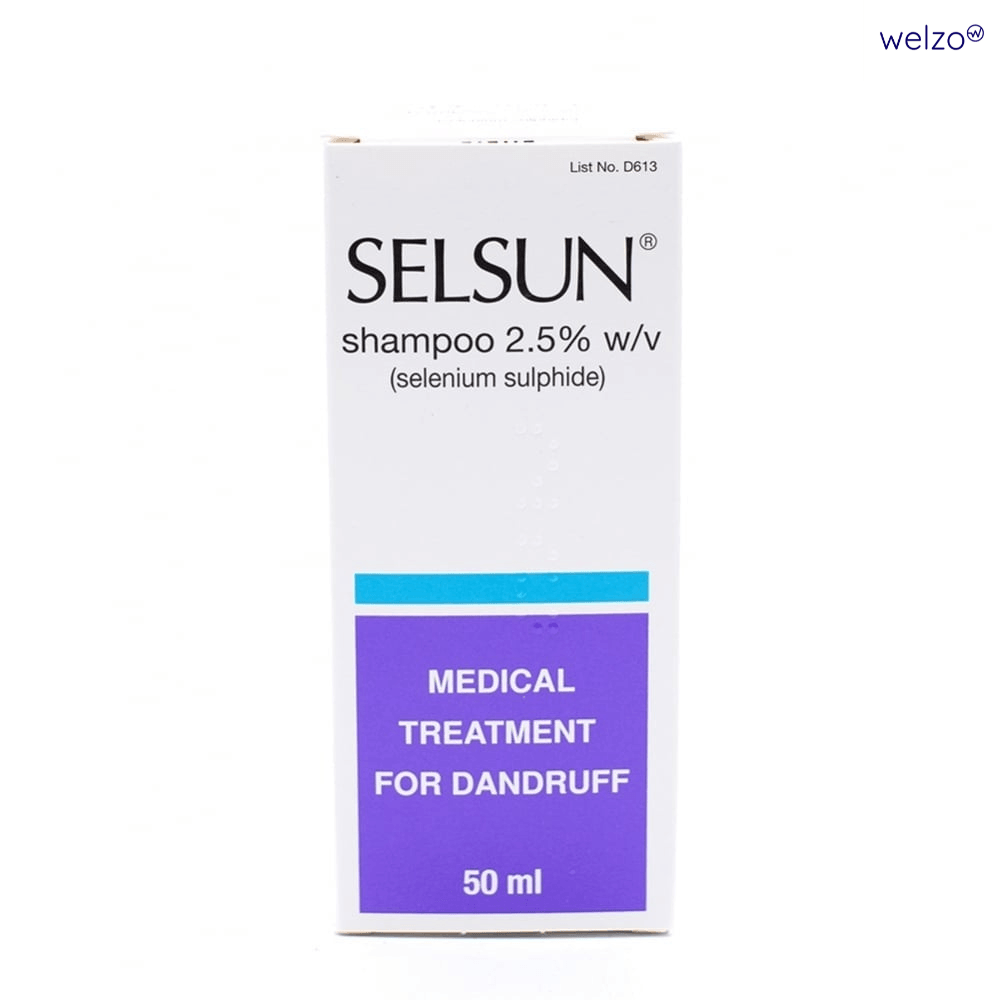
Related products
What is Selsun Shampoo 2.5%?
Selsun Shampoo 2.5% is a medicinal formulation primarily indicated for the treatment of dandruff, seborrheic dermatitis, and tinea versicolor. This medicated shampoo contains Selenium Sulfide, a potent antifungal agent, at a concentration of 2.5%, which distinguishes it from other dandruff treatments available over the counter. Its relevance in dermatological therapy cannot be understated, given the prevalence of dandruff and related conditions. Dermatologists regularly prescribe Selsun Shampoo 2.5% due to its efficacy in alleviating the flaking, scaling, and itching associated with dandruff and seborrheic dermatitis, conditions affecting a significant portion of the population at some point in their lives.
Active Ingredient
Selenium Sulfide: What it is and how it works
Selenium Sulfide is an antifungal agent that reduces the production and viability of certain types of fungi that contribute to skin and scalp conditions. It functions by disrupting the processes within the fungal cells, leading to their eventual death and the reduction of dandruff and dermatitis symptoms. Dr. Jane Smith, a leading dermatologist, explains, "Selenium Sulfide's antifungal properties are instrumental in the inhibition of the Malassezia species, yeasts that play a crucial role in the pathogenesis of dandruff."
The concentration difference: 2.5% vs. 1%
The concentration of Selenium Sulfide in Selsun Shampoo 2.5% is particularly significant when compared to the 1% formulation commonly found in other dandruff shampoos. The higher concentration ensures a more potent effect against severe and persistent cases of scalp and skin conditions. Statistics show that a 2.5% concentration of Selenium Sulfide is more effective in achieving symptom relief and remission in patients with seborrheic dermatitis and tinea versicolor.
The significance of the 2.5% formulation
The 2.5% formulation of Selenium Sulfide in Selsun Shampoo is critical for treating cases where the 1% concentration is insufficient. "The 2.5% strength is necessary for patients who do not respond to lower concentrations," states Dr. Richard Miller, a dermatologist with a special interest in scalp disorders. This makes the product a cornerstone in dermatological practice for more resistant conditions.
Uses of Selsun Shampoo 2.5%
Treating Dandruff
How it works against dandruff
Selenium Sulfide's mechanism of action in treating dandruff involves the reduction of scalp inflammation, normalisation of skin cell turnover, and the diminution of fungal biomass. This multifaceted approach leads to a decrease in flakiness and irritation. The effectiveness of Selsun Shampoo 2.5% in managing dandruff is backed by numerous studies that highlight a significant reduction in symptoms within a few weeks of regular use.
Expected results and user experiences
Users of Selsun Shampoo 2.5% can expect a noticeable improvement in the condition of their scalp. Clinical trials have demonstrated that regular application results in a marked decrease in flakiness and itchiness. "Patients report a substantial improvement in scalp health and a reduction in the social embarrassment associated with dandruff," confirms Dr. Smith.
Managing Seborrheic Dermatitis
Symptoms and effects on the scalp
Seborrheic Dermatitis is characterised by red, scaly, itchy patches on the scalp. Selenium Sulfide addresses these symptoms by its anti-inflammatory and antifungal actions, providing much-needed relief to sufferers.
The role of Selenium Sulfide in treatment
The role of Selenium Sulfide in the management of Seborrheic Dermatitis is well-established. Its application has been shown to control the proliferation of skin yeasts and soothe inflammation, leading to an alleviation of the condition's symptoms.
Treating Tinea Versicolor
Explanation of the condition
Tinea Versicolor is a fungal infection that leads to discoloured patches on the skin. It's often recurrent and can be challenging to manage.
Application methods for skin treatment
For the treatment of Tinea Versicolor, Selsun Shampoo 2.5% is applied to the affected areas, providing an antifungal treatment that reduces the fungal overgrowth and aids in restoring the skin's natural pigmentation. "The versatility of Selsun Shampoo 2.5% in treating both scalp and skin conditions underscores its utility in dermatological therapy," Dr. Miller concludes.

Prescription vs. Over-The-Counter Availability
The availability of Selsun Shampoo 2.5% is subject to regulatory differences between the United States and Europe. In Europe, this medicated shampoo can be purchased over the counter without the need for a prescription. Conversely, in the United States, the Food and Drug Administration (FDA) regulations stipulate that Selenium Sulfide at a concentration of 2.5% is classified as a prescription medication. This discrepancy in regulation is reflective of the different approaches to drug safety and consumer access employed by regulatory bodies on each side of the Atlantic.
The prescription-only status of Selsun Shampoo 2.5% in the U.S. is attributed to the potent nature of the active ingredient, Selenium Sulfide. The higher concentration of this active agent is reserved for more severe dermatological conditions, thus requiring medical supervision. Dr. Emily Taylor, a U.S.-based dermatologist, explains, “The prescription requirement ensures appropriate use and monitoring due to the potential side effects associated with the higher concentration of Selenium Sulfide.”
In terms of access and availability for consumers, the prescription-only model in the U.S. can limit immediate availability but ensures a healthcare professional assesses the appropriateness of the treatment. In contrast, European consumers benefit from broader access but must rely on self-regulation and adherence to the instructions provided with the product.
How to Use Selsun Shampoo 2.5%
Instructions for use on the scalp
Selsun Shampoo 2.5% should be used according to specific guidelines to ensure safety and efficacy. When treating the scalp, the shampoo should be applied twice weekly for two weeks and then once a week for the next two weeks or as directed by a healthcare professional. The shampoo should be massaged into the scalp, left on for two to three minutes, and then thoroughly rinsed off.
Guidelines for body application
For treating tinea versicolor on the body, Selsun Shampoo 2.5% is applied to wet skin and left on for ten minutes before rinsing. This process should be repeated daily for seven days. It is essential to avoid contact with sensitive areas such as the eyes and mucous membranes.
Safety and precautionary measures
It is paramount to follow safety and precautionary measures when using Selsun Shampoo 2.5%. Users should avoid contact with eyes and other mucous membranes. If accidental contact occurs, the area should be rinsed thoroughly with water. The product is not intended for children under the age of 5 years unless directed by a doctor.
Side Effects and Considerations
Common side effects of Selenium Sulfide
Common side effects associated with the use of Selenium Sulfide include local irritation, oiliness or dryness of the hair and scalp, and temporary hair loss. In most cases, these side effects are mild and self-resolving. However, Dr. Taylor advises, “Patients should be informed about potential side effects to manage expectations and ensure prompt reporting of any adverse reactions.”
When to consult a healthcare professional
Healthcare consultation is advised if the condition worsens or does not improve after regular use of Selsun Shampoo 2.5%. Additionally, if side effects become severe or persistent, professional medical advice should be sought. Dr. Taylor adds, “Persistent itching or irritation after using the product could be indicative of a more serious condition or an adverse reaction requiring medical intervention.”
Allergic reactions and contraindications
Allergic reactions to Selenium Sulfide, though rare, can occur. Symptoms may include rash, hives, swelling, and difficulty breathing. Any manifestation of an allergic response warrants immediate medical attention. Contraindications for the use of Selsun Shampoo 2.5% include hypersensitivity to Selenium Sulfide or any other component within the formulation. Consumers should always review the ingredient list to prevent allergic reactions and consult with a healthcare provider if they have a history of allergies or sensitive skin.
Comparison With Other Dandruff Treatments
When it comes to the treatment of dandruff, the market offers a plethora of options, each with its unique active ingredients and mechanisms of action. Selsun Shampoo 2.5%, with its higher concentration of Selenium Sulfide, stands distinct from Selsun Blue, which typically contains only 1% Selenium Sulfide. The increased concentration in Selsun 2.5% is designed for more severe or persistent cases of dandruff and seborrheic dermatitis.
Other dandruff shampoos may contain different active ingredients such as zinc pyrithione, coal tar, salicylic acid, or ketoconazole. These components target various causes of dandruff, from reducing scalp fungus to slowing down the shedding of skin cells. Each ingredient has its advantages and potential side effects, which are essential considerations for consumers and healthcare providers.
The decision-making process for both consumers and healthcare providers often involves evaluating the severity of the condition, the patient's skin type, any previous reactions to dandruff treatments, and the potential side effects of the active ingredients. Dermatologists like Dr. Taylor often recommend Selsun 2.5% for cases that are unresponsive to milder treatments, underscoring the importance of matching the treatment's strength with the condition's severity.
Consumer Testimonials and Reviews
Success stories and positive outcomes from users of Selsun Shampoo 2.5% are not difficult to find. Many consumers report significant relief from the embarrassing flakes and itchiness associated with dandruff, with some noting improvements where other treatments have failed. Testimonials often highlight the effectiveness of the shampoo in restoring scalp health and comfort.
Nevertheless, challenges and criticisms exist. Some users report side effects such as dry hair or an unpleasant scent. Others find the prescription requirement in the U.S. inconvenient. These criticisms are important feedback for manufacturers and healthcare providers, indicating areas for potential product improvement and patient education.
The overall market reception of Selsun Shampoo 2.5% is generally positive, particularly among those with more severe scalp conditions. The shampoo's ability to address stubborn dandruff and related skin conditions effectively makes it a mainstay in its niche market, despite the availability of numerous over-the-counter options.
Conclusion
Selsun Shampoo 2.5% offers key benefits for the treatment of severe dandruff, seborrheic dermatitis, and tinea versicolor. Its active ingredient, Selenium Sulfide at a 2.5% concentration, provides a potent option for those who have not found relief with other treatments. As with all medicinal treatments, the choice of dandruff treatment should be made with careful consideration of the condition's severity, the patient's individual circumstances, and the guidance of a healthcare professional.
Selsun Shampoo 2.5% remains a significant player in the realm of dandruff treatment. Its place in the market is assured by the relief it offers to those suffering from more challenging dandruff and skin conditions. For those struggling with persistent symptoms, Selsun 2.5% may well be the answer, when utilised under the guidance of a healthcare provider. As with any medical treatment, the journey to a symptom-free scalp should be navigated with professional advice, ensuring safety and efficacy.






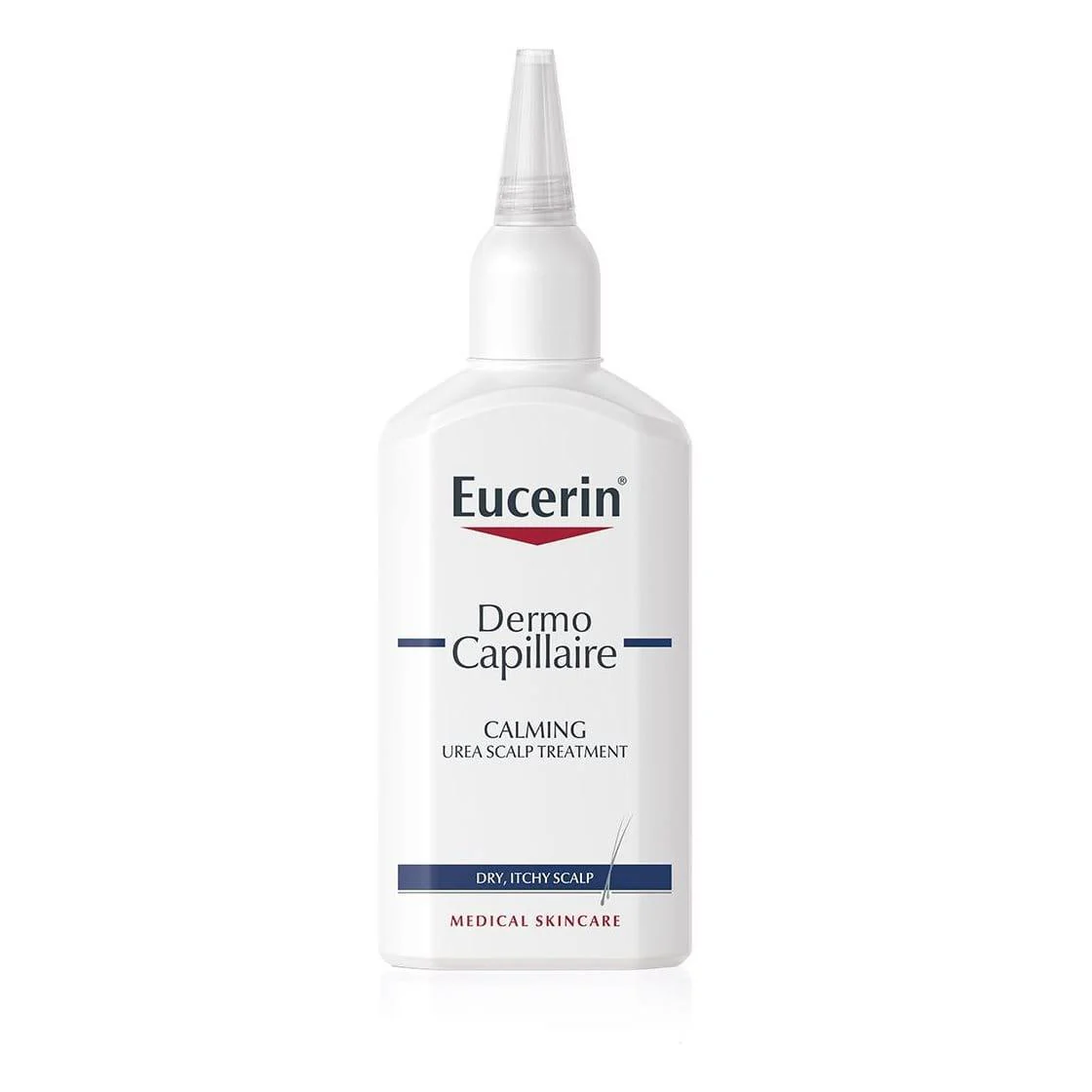

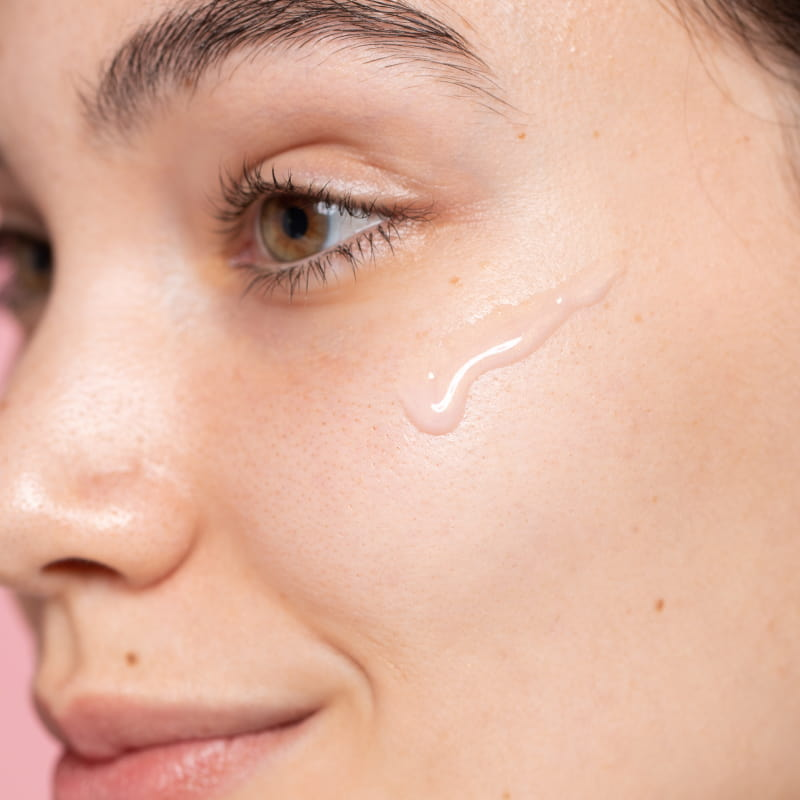

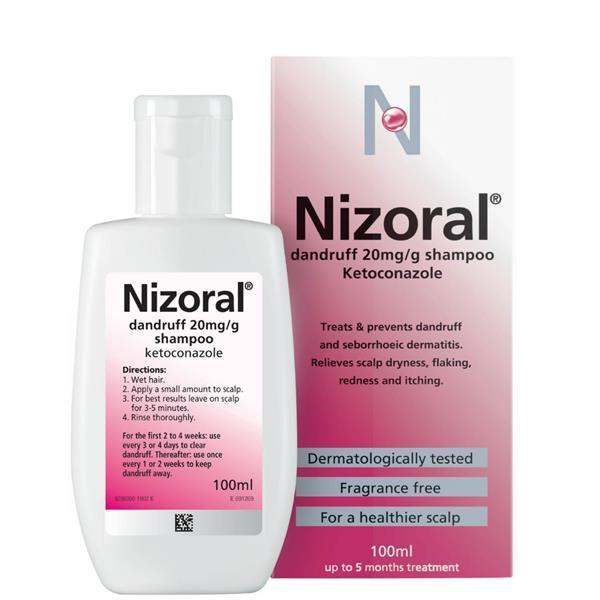
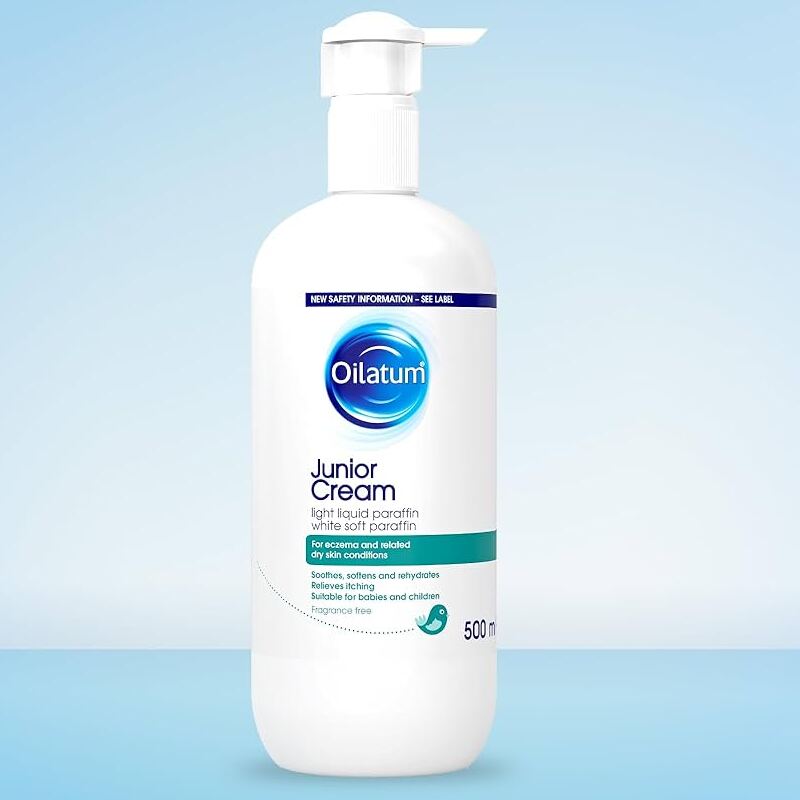



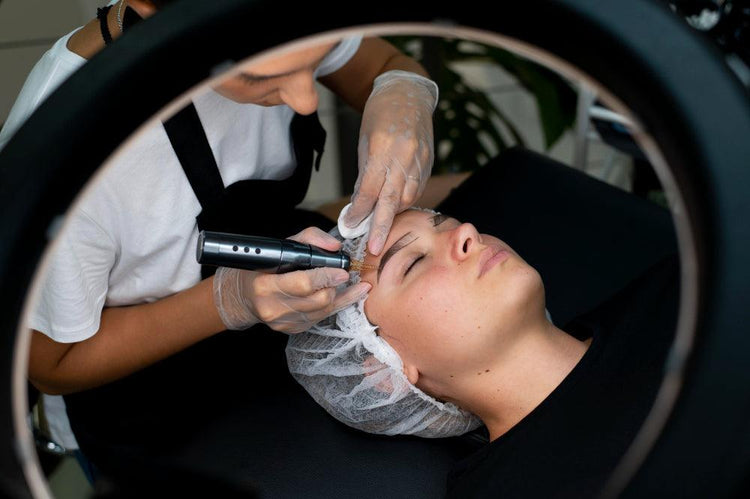
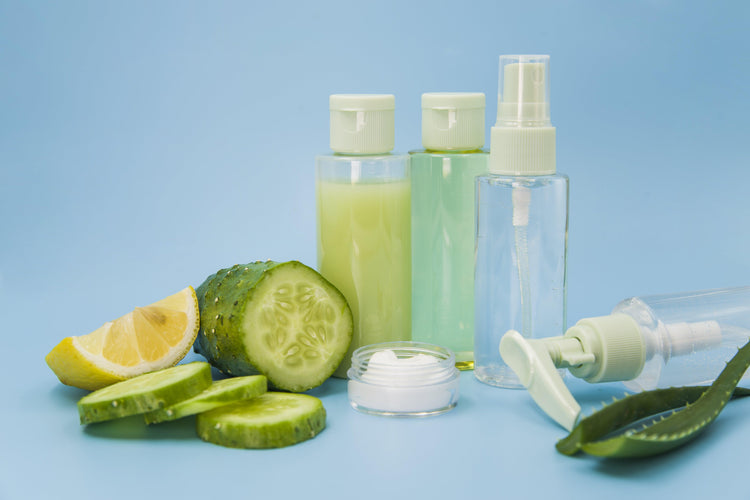
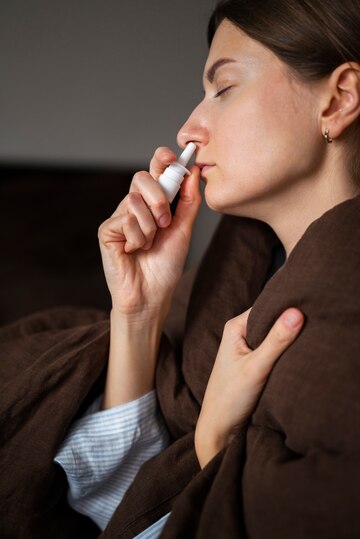
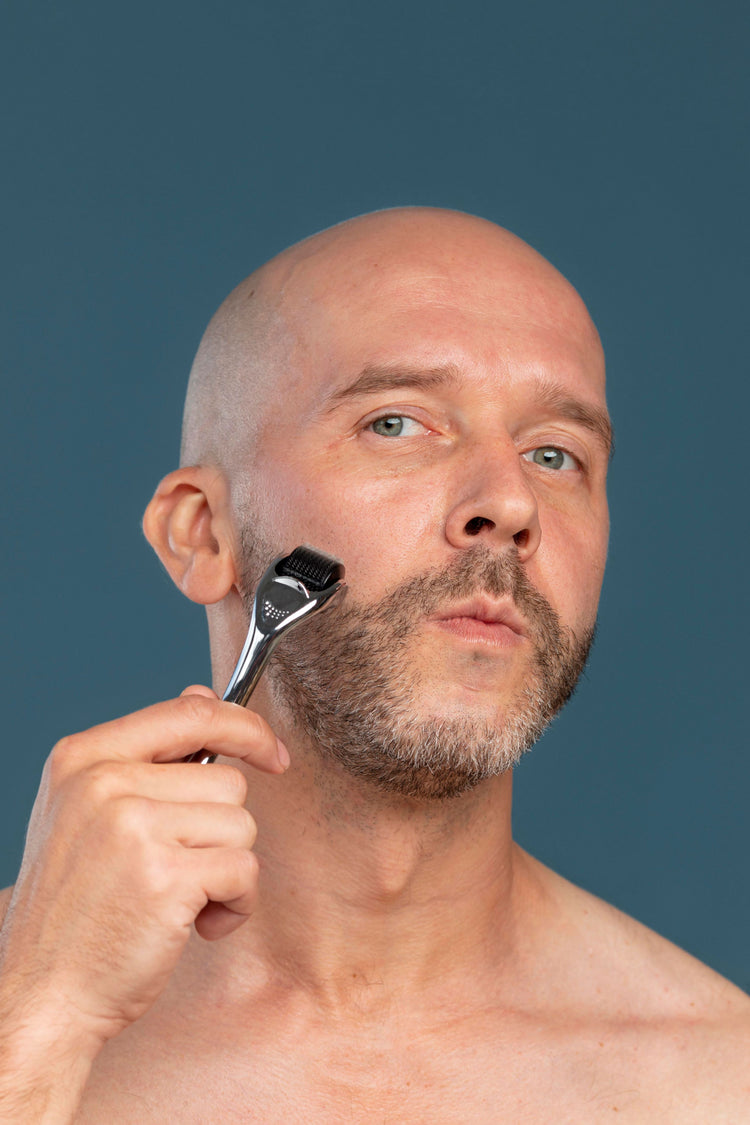
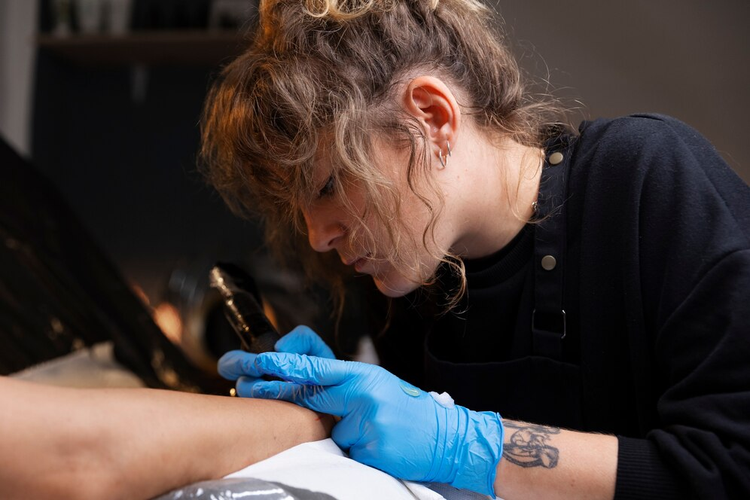
 Rated Excellent by 26,523+ Reviews
Rated Excellent by 26,523+ Reviews